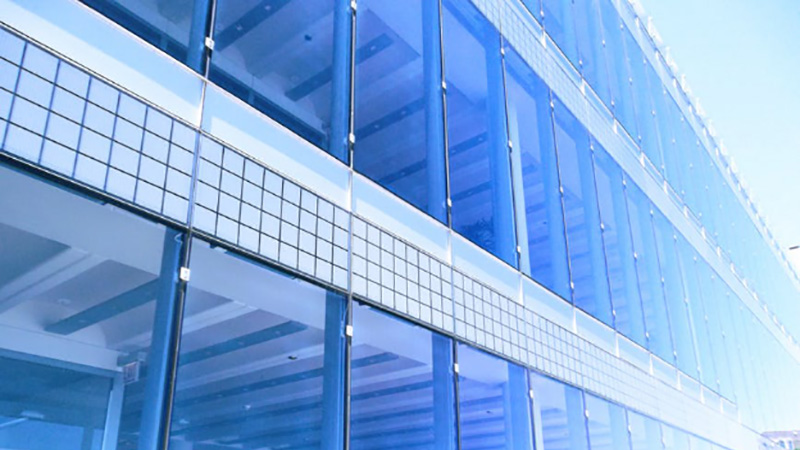Low Emissivity (Low-E) glass is the latest technological marvel that guarantees superior energy efficiency and reduced energy bills! Here’s how they work.
Apart from just letting in natural light, glass also plays an important role in enhancing the overall aesthetics of a building. However, it’s important to realize that not every glass window is the same! Some buildings have glass windows that can effectively resist the accumulation of fog while others have those that are extremely scratch-resistant!
However, by far, the most amazing type of glass to hit home depot stores recently is Low-E glass. This technological marvel is one of the hottest selling commodities in recent years and it’s very easy to see why as Low-E glass promises increased savings and reduced bills!
What is Low-E Glass?
Low emissivity (or Low-E as it’s commonly called) glass is by far the most common choice of glass as far as building construction is concerned.
A quick physics refresher for those of you who didn’t pay attention in high school; a perfect black body is one that absorbs all thermal radiation incident on it. While emissivity of an object is defined as the ratio of heat energy emitted by it relative to that by a perfect black body. Are you following so far? Good, let’s proceed!
Low-E glass windows are especially designed to stop Ultraviolet (UV) radiations from entering the buildings that they’re installed in. What makes them amazing at their job is that they don’t prohibit the entry of radiations from the sun in the visible spectrum. In simpler terms, you are guaranteed the same level of natural lighting as a normal glass window without your house or office heating up!
Advantages of Low-E Glass:
Reduced Energy Bills:
By far the biggest advantage of using low emissivity glass windows is that they reduce the energy drawn by your air-conditioner. Thus, by preventing UV rays from entering your house, Low-E windows are able to significantly reduce energy bills!
Prevents Your Clothes From Fading:
It’s an open secret that prolonged exposure to sunlight will result in faded clothes. The science behind this is that UV radiations from the sun that have a wavelength of less than 380 nanometers can do significant damage to fabrics and wall coverings.
As discussed above, Low-E glass acts a barrier to UV radiations and prevents your clothing from fading!
Where to Get Low-E Glass:
If we’ve convinced you on the advantages of Low-E glass windows and you want to install them in your house or office, we would love to be of service to you.
Operating in and around the great state of Georgia, we at DTS Glass & Mirror have years of experience as far as glass products are concerned, and can easily install Low-E glass in your building. Give us a call today to learn more about how you stand to benefit from our amazing services!

